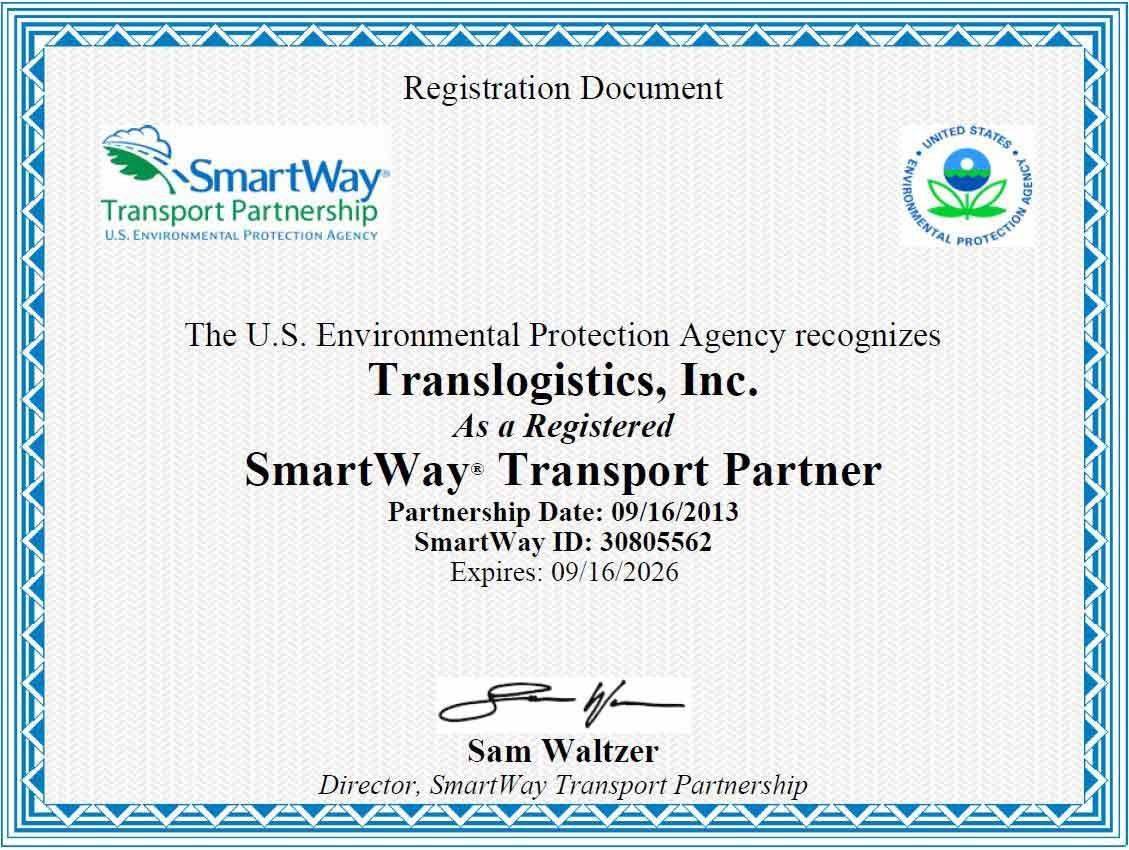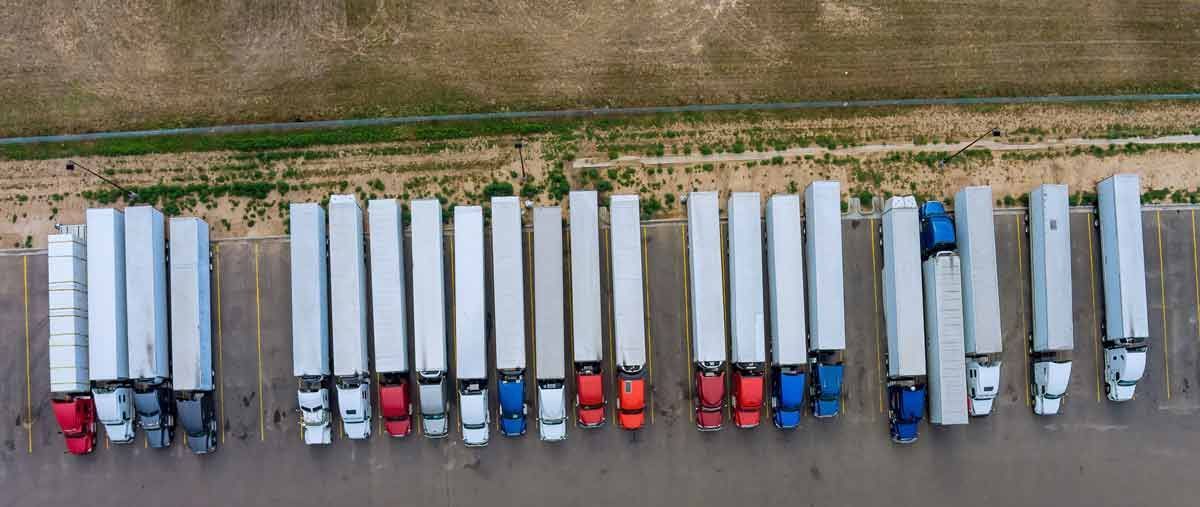Specialty Equipment Types for Different Truckloads
Shippers Guide to Selecting the Right Equipment type:
Dry Van, Flatbed, Refrigerated, Conestoga, Curtain Side, and Team Truckloads
When it comes to routing palletized freight, selecting the appropriate truckload equipment is essential. Different types of freight require specialized equipment to ensure that they are transported safely, economically and efficiently. The type of equipment you choose will depend on the type of freight you are transporting. Here, we will discuss the various specialty equipment types for Dry Van, Flatbed, Refrigerated, Conestoga, Curtain Side, and Team Truck Loads.
Specialty Equipment Types: Dry Van
A dry van is a standard enclosed trailer with no temperature control. It is the most common type of trailer used in the trucking industry. However, there are specialty equipment types for dry van loads that allow for more efficient transportation. One such specialty equipment option is the liftgate. A liftgate is a hydraulic platform that is attached to the rear of the trailer. It allows for easy loading and unloading of heavy or bulky items. This equipment is commonly used for expedited freight or spot truckload shipments that require fast and efficient loading and unloading. Because they are not readily available they command a premium relative to normal dryvan rates.
Specialty Equipment Types: Flatbed
A flatbed trailer is an open trailer with no sides or roof. It is used for hauling oversized or heavy freight that cannot fit in a standard enclosed trailer.
Specialized equipment is needed to secure and protect the cargo during transportation. One such specialty equipment type is the coil rack. Coil racks are used to secure steel coils to the trailer during transport. These racks prevent the coils from shifting and protect the trailer from damage. Additionally, tarps and straps are used to cover and secure flatbed loads to protect them from the elements during transport.
Specialty Equipment Types: Reefer Truckload
Refrigerated trailers, also known as reefers, are used to transport perishable goods that require temperature control. The refrigeration unit on the trailer keeps the cargo at a specific temperature during transportation.
One specialty equipment type for refrigerated loads is the temperature recorder. This device monitors the temperature inside the trailer and records it during transport. This information is critical for ensuring that the cargo is transported at the correct temperature and can be used as proof of proper handling in case of a dispute.
Specialty Equipment Types: Conestoga
A Conestoga trailer is a type of flatbed trailer with a rolling tarp system that covers the cargo. It is used for hauling oversized or irregularly shaped cargo that cannot fit in a standard enclosed trailer. The most popular specialty equipment type for Conestoga loads is the rolling tarp system. This system consists of a tarp that rolls up and down on the sides of the trailer, allowing for easy access to the cargo. The rolling tarp system protects the cargo from the elements during transport while allowing for easy loading and unloading.
Specialty Equipment Types: Curtain Side
A curtain side trailer is a type of flatbed trailer with a tarp system that can be opened like curtains on both sides of the trailer. It is commonly used for hauling goods that require easy access and quick loading and unloading. The curtain side is not as common as dryvan or reefer truckload equipment. The specialty equipment type for curtain side loads is the load restraint system. This system secures the cargo to the trailer during transport to prevent it from shifting or falling off the trailer. The load restraint system consists of straps and tie-downs that are attached to the trailer and the cargo.
Specialty Equipment Types: Team Truckloads
A team truckload is a type of expedited freight that requires two drivers to deliver the cargo in a shorter amount of time. Team drivers switch off driving duties to ensure that the cargo is transported as quickly as possible. Team truck loads often include a sleeper cab. A sleeper cab is a type of tractor-trailer that includes a sleeping compartment for the second driver. The sleeping compartment allows the second driver to rest while the other driver takes over driving duties, this enables them to drive consistently without having to reset for hours of service rules.
In conclusion, choosing the appropriate equipment type for transporting different types of freight is crucial in ensuring safe and efficient delivery. From specialty equipment types such as liftgates and coil racks to temperature recorders and rolling tarp systems, each equipment type has its unique benefits for different types of loads. Expedited freight, spot truckload, and contract truckload all have specific requirements, and selecting the right equipment is essential to meet those requirements. By understanding the different specialty equipment types available for dry van, flatbed, refrigerated, Conestoga, curtain side, and team truckloads, shippers can make informed decisions and ensure their cargo arrives at its destination safely and on time.
TLI Insights
Get the latest logistics insights and tips from TLI's award-winning team. Stay ahead in transportation planning.
Questions? Email us at marketing@shiptli.com



